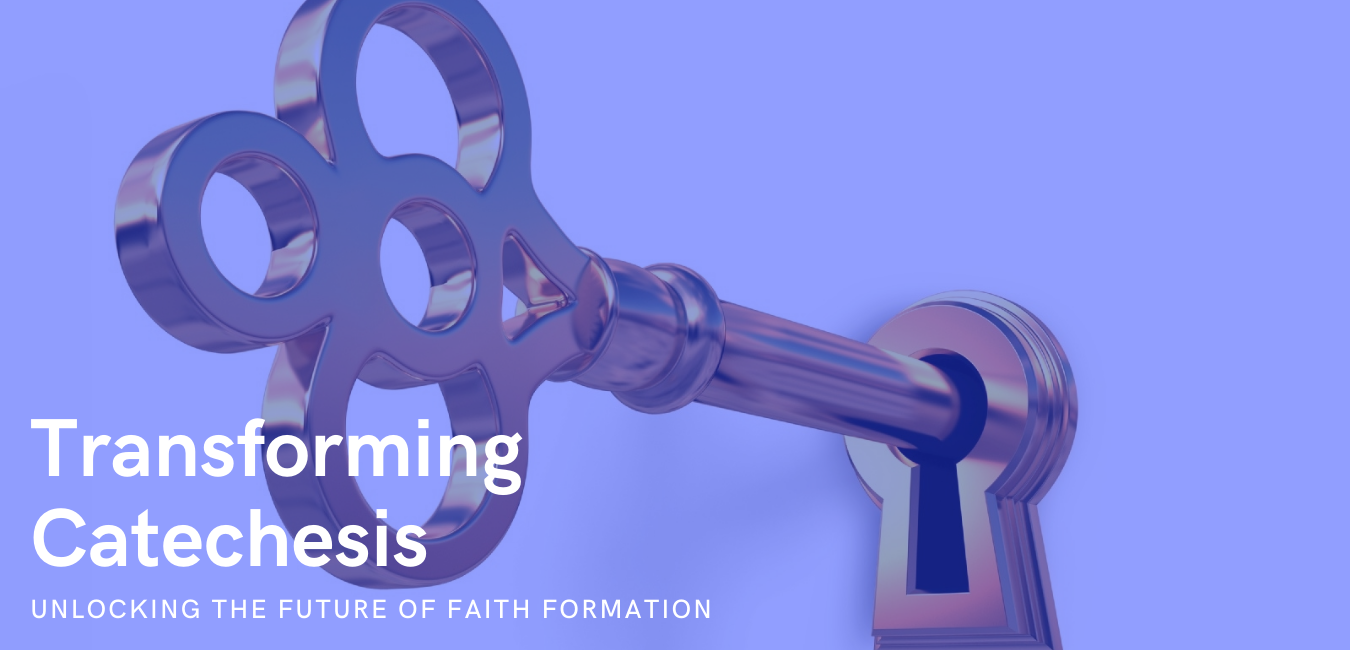(This is one of a two-part reflection on Catholic Identity. The Seven “C”s of Catholic Identity, looks at the development of Catholicism identifying the specific aspects of humanity that make us who we are. Catholic Identity: Head, Heart, and Hands, looks at Catholic Identity through the lens of catechesis and considers our anthropology, and how it leads to three aspects of development.)
 We all have an identity. It’s our name, our Social Security number, our credit card number, student ID number or number at the DMV. We also have other identities. We are a sister or brother, aunt or uncle, mother or father. Further, we are a teacher, banker, salesperson, laborer. The list goes on.
We all have an identity. It’s our name, our Social Security number, our credit card number, student ID number or number at the DMV. We also have other identities. We are a sister or brother, aunt or uncle, mother or father. Further, we are a teacher, banker, salesperson, laborer. The list goes on.
But when it comes to religion we too have an identity. We are of one of the major (or minor) faith traditions, be it Judaism, Islam, Hinduism, Buddhism, or Christianity. Within Christianity we also have an identity. Protestant; Lutheran, Methodist, Presbyterian, Episcopal, Baptist, or Roman Catholic. So, considering Catholic Identity, what aspects of the faith should be considered and how does it shape who we are as Catholics?
Seven “Cs”
When considering the anthropology of any faith tradition it is important to understand there are some very common foundations. Dr. Kathleen O’Gorman, Associate Professor of Loyola Institute of Ministry, New Orleans, has developed the Seven C’s of anthropology for the study of faith traditions. Her research provides a foundation for understanding religions, or faith traditions, and the foundation aligns nicely to understanding what Catholic Identity really means. Let’s take a closer look at the Seven C’s.
- Context -Where and when did Catholicism emerge? Geographical location and historical location. What background dynamics evoked it? What was happening that gave rise to this movement or practice?
- Cosmology -Often expressed as Worldview, or world-understanding. What does the World include? What is its meaning and signifcance? What or who makes it up? What are we to make of the World in which we find ourselves? Is Creation flawed or our perfect world? Is it good or to be tamed?
- Creator -Is there a belief in an ultimate Creator? Is there a sense of the Divine? What kind of being is God? What names are given to God?
- Community -Who belongs? What is the criteria for belonging? How is initiation into the community effected? What rites? Practices? Is the community more open or more closed?
- Creed -What core beliefs are taught and shared? What do those who belong believe?
- Cult -What rituals are practiced? How are they practiced? Where and When?
- Code -What is forbidden or commanded? What rule of life are followers expected to follow?
Implications
Now we consider what this means to who we are as Catholics. Looking at the Seven “C’s”, take a few minutes to reflect on the answers to these questions. By identifying the answers, we are actually identifying the anthropological foundations of our Catholic faith. This is Catholic Identity!
The implications of uncovering such information is that we begin to see how we express ourselves through our context, cosmology, creator, community, creed, cult, and code. Can we, then, begin to see where these areas fit into the cognitive (head), affective (heart), and behavioral (hands) aspects of what it means to be human? If we can identify with the Seven C’s, we will be able to more clearly see how our faith is a lived expression of who we are as Catholics.
The next post, Catholic Identity: Head, Heart, and Hands, will delve into the practical application of catechesis with respect to the anthropology of Catholic Identity. Is Catholic Identity something that can be taught or is it something that comes from within? Feel free to share your thoughts below!

Be First to Comment